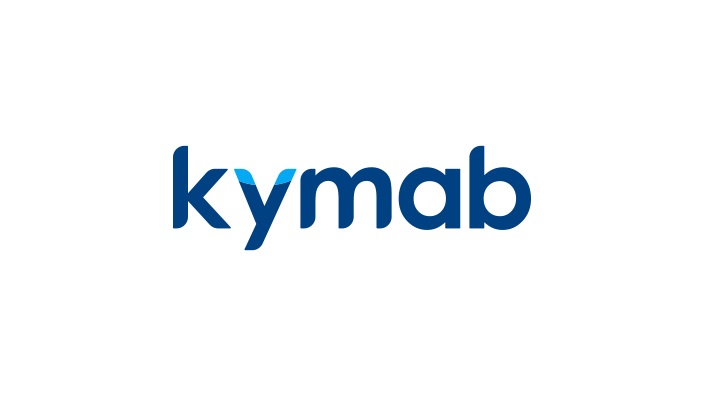Kymab signs immuno-oncology deal for bi-specific antibodies

UK biotech company Kymab is to collaborate with China’s EpimAb Biotherapeutics to develop bispecific antibodies in the immuno-oncology field.
Kymab has developed a next-generation antibody discovery platform called Kymouse, which promises to produce more potent and selective antibodies from existing platforms. Now it is combining this expertise with EpimAb’s bispecific antibody technology, which allows biologic drugs to hit two targets instead of one.
EpimAb’s FIT-Ig technology offers a novel approach for generating bispecific antibodies, with the resulting molecules fully retaining the biological properties of their parental monoclonal antibodies without the need to significantly modify the structure of the bispecific antibody.
Combining these two up-and-coming technologies should help boost the companies’ chances of producing a contender in the increasing crowded immuno-oncology field.
The parties will focus their efforts on immuno-oncology and will combine antibodies sourced from Kymab’s proprietary Kymouse platform with EpimAb’s proprietary Fabs-In-Tandem Immunoglobulin (FIT-Ig) platform to generate multiple bispecific antibodies. Kymab will have the development and commercialisation rights to these bispecifics in all geographical regions outside of China, and, under the terms of the cross-license agreement, EpimAb will have the rights to the China market. Each company is eligible to receive milestone payments and royalties for development programmes pursued by the other.
“Bispecific antibodies have enormous potential to exploit our growing molecular and cellular understanding of the tumour microenvironment as it relates to immuno-oncology,” said Dr. David Chiswell, CEO of Kymab.
The companies say that combining the Kymouse human antibody discovery platform with the FIT-Ig technology could help them find best-in-class bispecific antibodies with highly attractive drug properties.
“Our agreement with Kymab represents our first licence agreement outside of China and we are looking forward to combining our complementary antibody technologies to create novel treatments for severe human diseases,” said Dr. Chengbin Wu, CEO and Founder of EpimAb, headquartered in Shanghai.
“Kymab’s expertise in generating world class antibodies specifically in the immuno-oncology area is a perfect strategic fit for EpimAb. The candidates from this collaboration will significantly strengthen EpimAb’s proprietary pipeline with highly innovative molecules.”
Kymab already has nine immuno-oncology projects in its pipeline, and is investing in four main therapeutic modalities: activation of anti-tumour NK- and T-cell activity; activation of macrophages to destroy cancer cells; depletion of immune-suppressor cells; increasing T-cell invasion into the tumour microenvironment.
David Chiswell has made it clear that he believes Kymab could one day be a multi-billion dollar biotech company, thanks to the potential of its Kymab platform. But before then, it must provide a clinical proof-of-concept for its drug discovery. Its most advanced development molecule is KY1006, an OX40L-targeting drug for T-cell driven inflammatory diseases which is set to enter clinical trials in 2017.











